additif Nutritive bétaïne HCl
2019-03-23
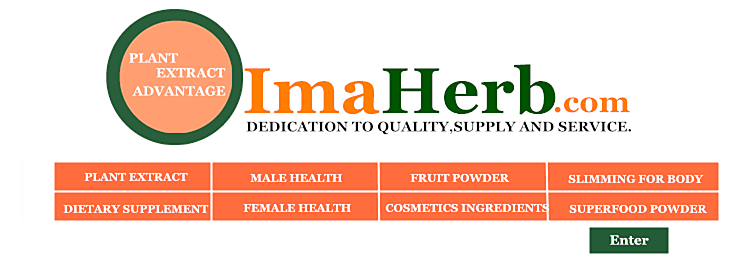
Le chlorhydrate de bétaïne est un terme général pour une classe de composés organiques, également connu sous le nom de chlorhydrate de bétaïne. Il est un blanc à la poudre cristalline blanche jaunâtre avec goût aigre et hygroscopicité. Il est facilement soluble dans l'eau et de l'éthanol, mais à peine soluble dans l'éther et le chlorhydrate de trichloromethane.Betaine est une sorte de haute efficacité, haute qualité, économique, largement utilisé dans l'élevage, la volaille, aquaculture to induce food and promote the growth of nutritional additives.
Nom du produit: Betaine HCl
CAS:590-46-5
Formule moléculaire:C5H12NClO2
Masse moléculaire:153.61
Pureté:>98.0%
appearence: poudre blanche
Type: Feed Grade Nutritive Additive

Fonction
1.Promoting fat metabolism, raising the ratio of the lean meat. Improving meat quality.
2.Having feed attractant activity, so improve the taste of the feed. It is the ideal product to improve the growth of the animals (bird, livestock and aquatic product).
3.It is the buffer of the osmolality when is stimulated changed. It can improve the adaptability to the ecological environment changes (du froid, chaud, diseases etc.). Can raise the survival rate of the young fish and shrimp. Maintaining intestinal function, and have synergies with coccidiostat.
Application
1. Betaine HCl is an efficient methyl group supplier and can be used to partially replace methionine and choline chloride in feed rations to decrease formulation costs.
2. Betaine HCl has been found to increase lean weight gain and improve the meat quality.
3. Betaine HCl has been found to be highly effective in increasing the survival rate of juvenile fish and shrimp.
4. Betaine HCl has been found to improve the digestion system in living bodies, both human and domesticated animals.
Difference between betaine and betaine hydrochloride
Betaine is a neutral substance with strong hygroscopicity, so it is often treated with anti-caking agent in the production process, and its molecular structure application effect is not significantly different from that of natural betaine, which belongs to the natural equivalent of chemical synthesis.
Betaine hydrochloride is a salt substance (betaine ·HCl) generated by the reaction between betaine and hydrochloric acid. The aqueous solution is highly acidic. It is betaine that really plays a role in the biological application.
En bref, they are completely different substances, although both can be used as additives to replace methionine.









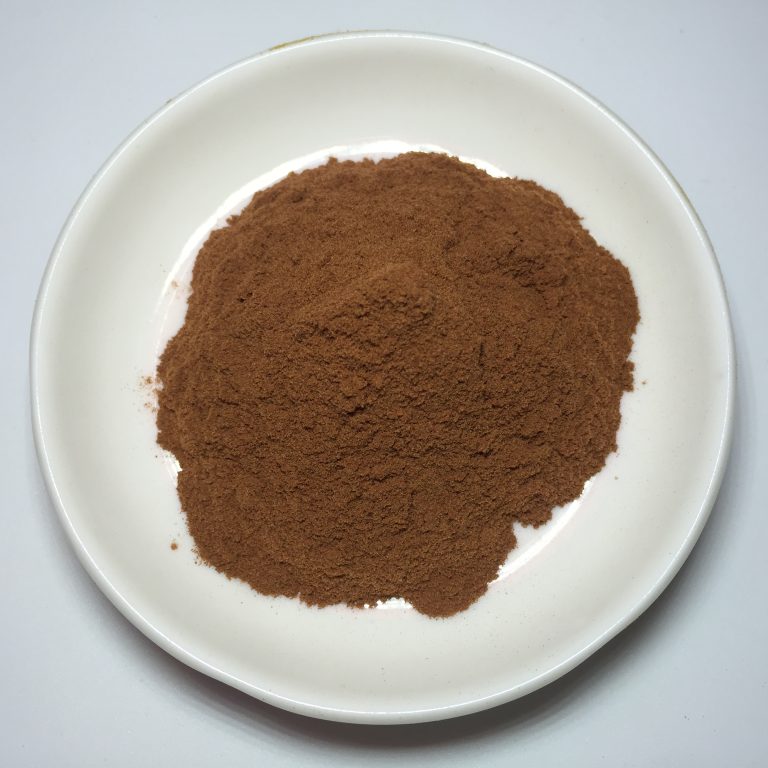 Le fabricant Imaherb Chine fournit de la poudre d'extrait de pomme
Le fabricant Imaherb Chine fournit de la poudre d'extrait de pomme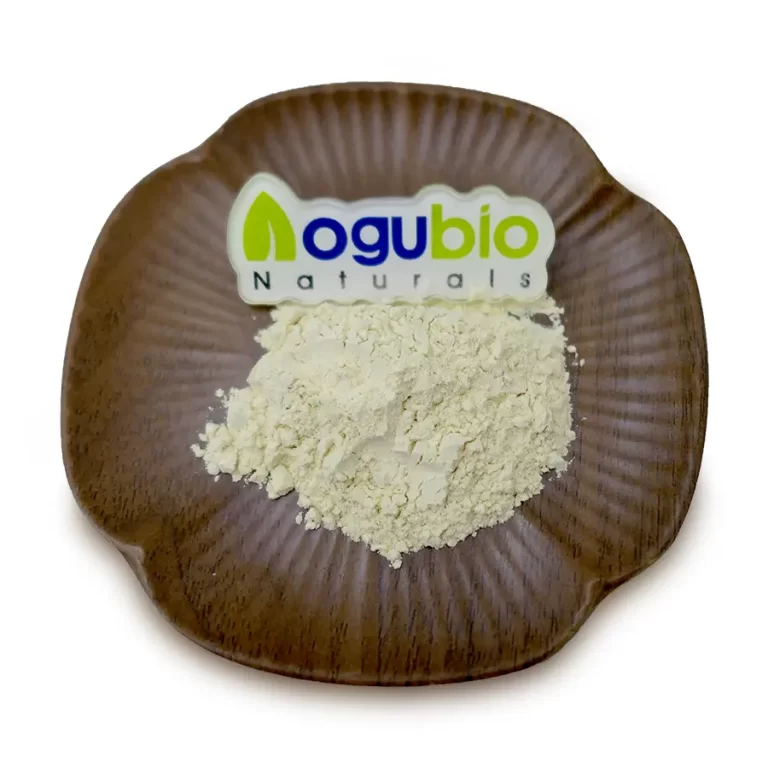 Le fabricant Imaherb Chine fournit de la poudre d'apigénine 98%
Le fabricant Imaherb Chine fournit de la poudre d'apigénine 98%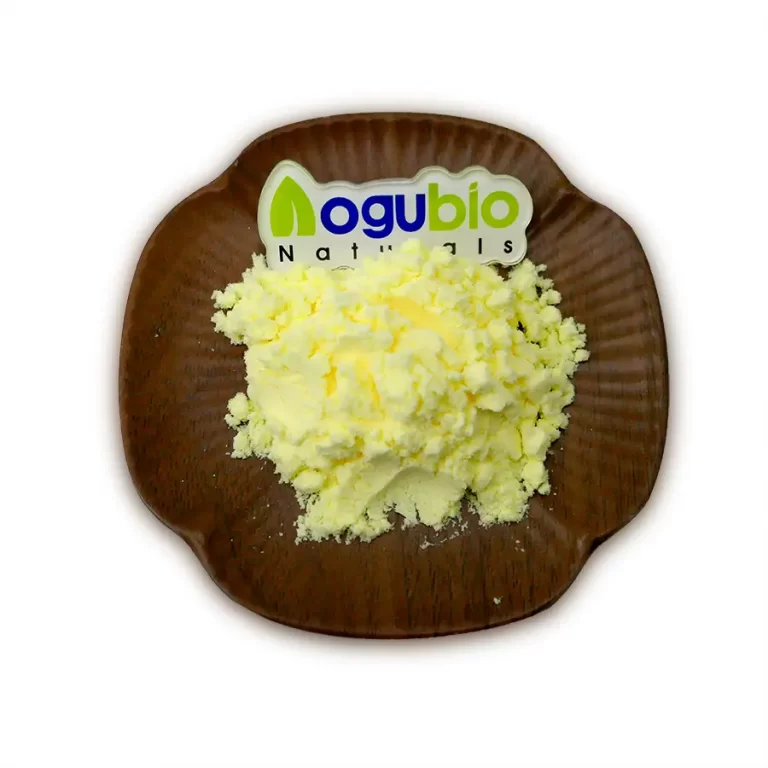 Imaherb Factory fournit de la poudre d'acide alpha-lipoïque CAS 1077-28-7
Imaherb Factory fournit de la poudre d'acide alpha-lipoïque CAS 1077-28-7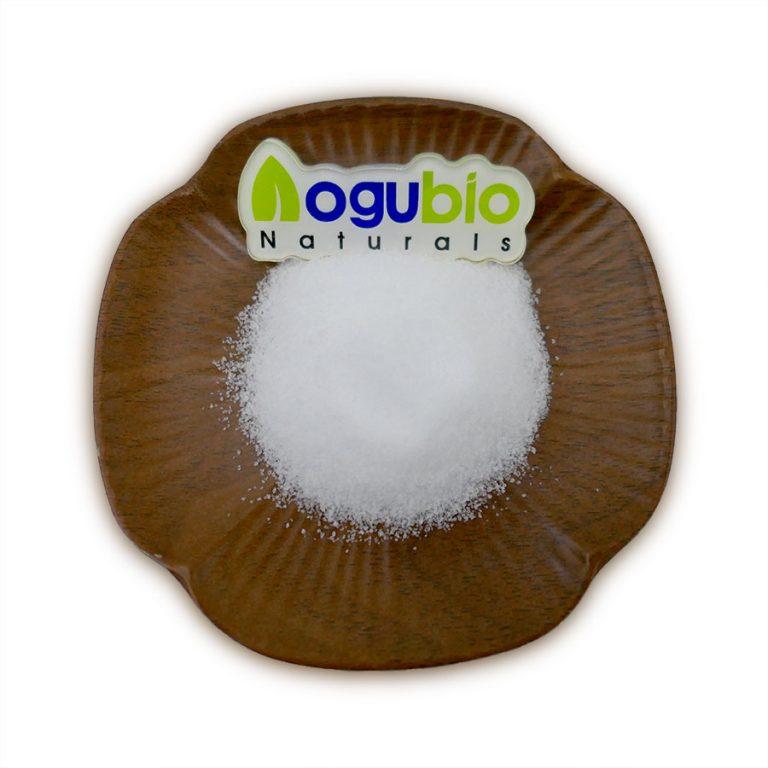 Imaherb Factory fournit Alpha GPC Poudre CAS 28319-77-9
Imaherb Factory fournit Alpha GPC Poudre CAS 28319-77-9 Imaherb Factory fournit de la poudre d'Alliin 98% CAS 556-27-4
Imaherb Factory fournit de la poudre d'Alliin 98% CAS 556-27-4 skype
skype Directeur commercial
Directeur commercial Rebekah
Rebekah Rachel
Rachel Miranda
Miranda Camilla
Camilla
 Directeur commercial
Directeur commercial